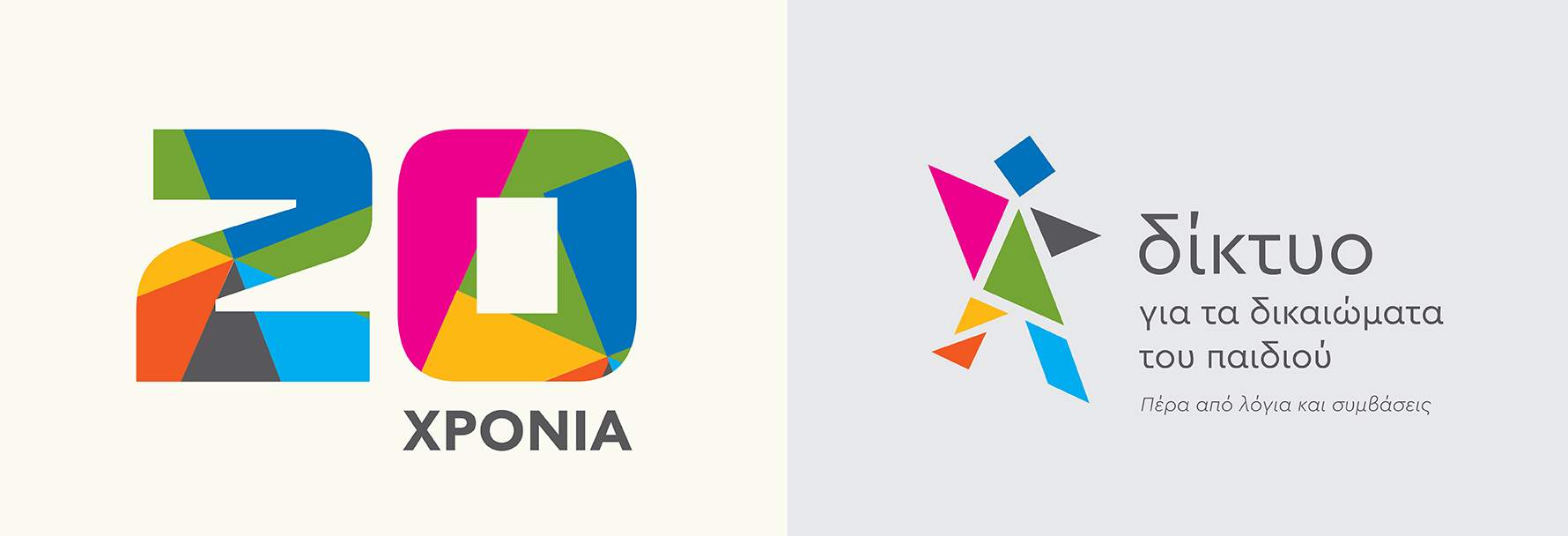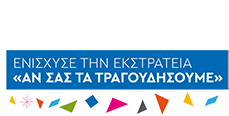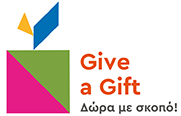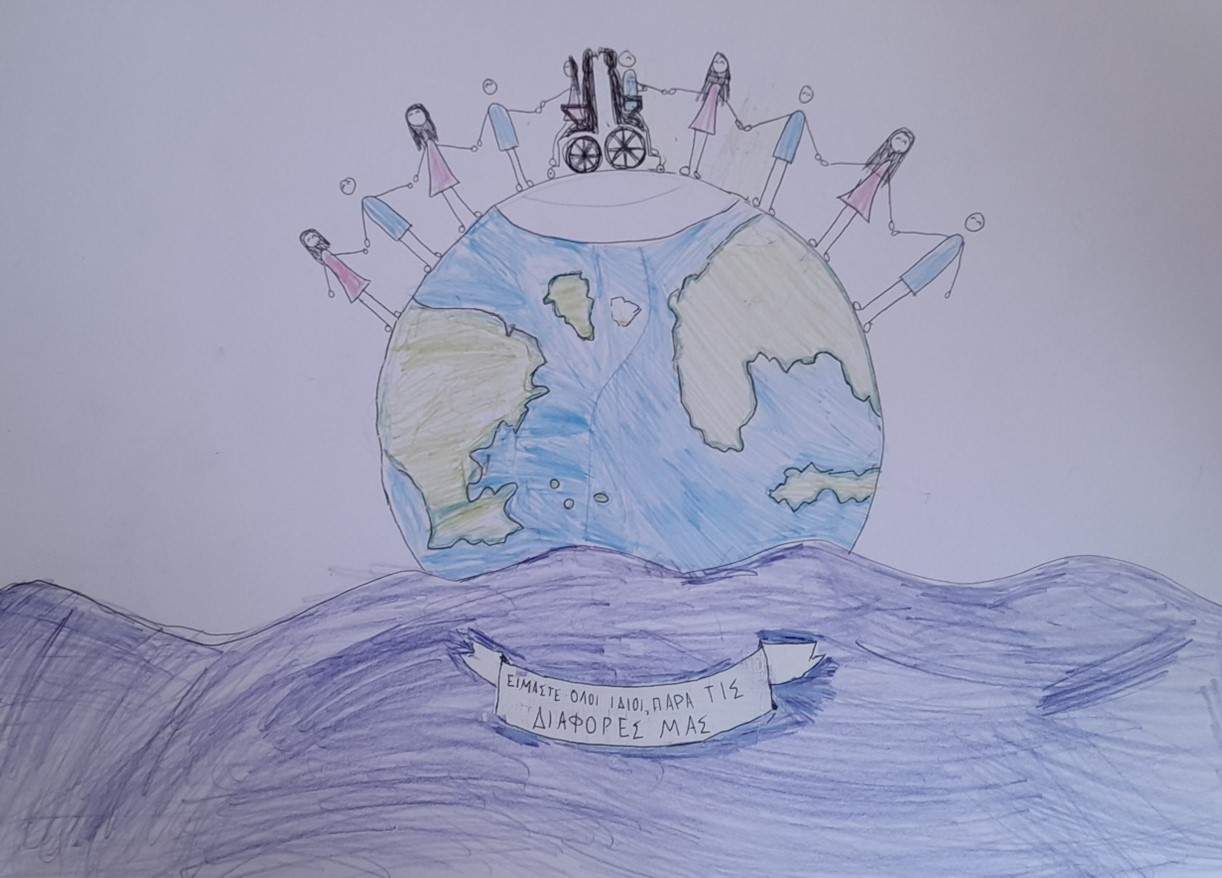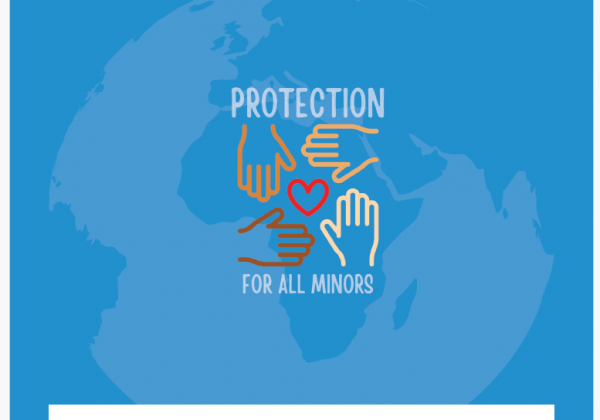A.E
People with disabilities are members of society. They are not inferior to people without problems. They are members of society equal to other people.
When we refer to the disabled, we are talking about the largest “minority” of our planet, about one billion people according to the latest data, a large percentage of whom are children under 18 years of age. People with disabilities include people with long-term physical, mental, spiritual or sensory impairments, which in interaction with various obstacles may prevent their full and effective participation in society on an equal basis with others.
Children with disabilities are very often discriminated against, stigmatized and marginalized. The incomplete legislative framework combined with limited political initiatives and the inadequacy of special infrastructure result in their being deprived of their rights to education, protection, health care and even social inclusion. They do not have equal opportunities in education, access to medical services or even more to have their voice and opinion heard in society. Children with disabilities are more likely to be victims of verbal and physical violence. Data on children with disabilities in Greece often remain scarce, yet we know that they face multiple rights violations, from lack of early detection or diagnosis of their disabilities, to exclusion from education and active participation in society.
From personal experience, as a disabled person with a chronic condition, many people do not respect us as much as they should. Everyday, they face many problems. For example, some people park on ramps, blocking my path. But ramps and sidewalks are in poor condition, and some disabled children are being bullied.
So we conclude that the greater part of the world does not care about the disabled. But it won’t be for much longer. We must all act together, here and now for the rights of the disabled, united.
*The image was created by the student A.E
The article was created as part of the CERV project Efivos in Europe
Disclaimer The European Commission’s support for the production of this publication does not constitute an endorsement of the contents, which reflect the views only of the authors, and the Commission cannot be held responsible for any use which may be made of the information contained therein.
The EFIVOS II program is funded by the European Commission (CERV), with partners Network Children’s Rights (Greece), CIP (Cyprus), HESED (Bulgaria), GEYC (Romania), Dedalus (Italy), Pacto Verde (Spain), Crossing Borders (Denmark).
https://unric.org/el/σύμβαση-για-τα-δικαιώματα-των-παιδιών-μ-2\
http://www.un.org/disabilities/default.asp?id=18
